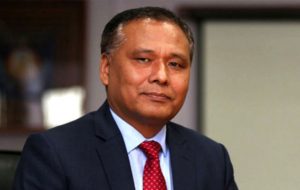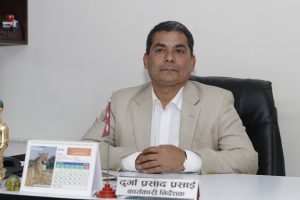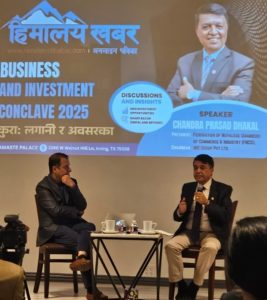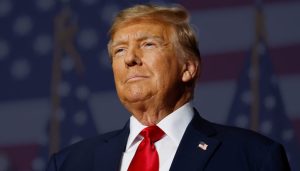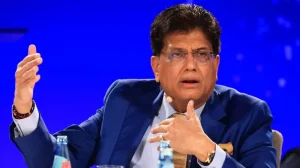Kathmandu — Nepal’s political and legal landscape has once again converged at the Supreme Court, as the judiciary reopens new case registrations following the Bhadra 24 arson incident. On the first day of resumed registration, ten constitutional writs were filed challenging the dissolution of the House of Representatives and the appointment of former Chief Justice Sushila Karki as Prime Minister.
Amid these legal actions, attention has turned toward Speaker Dev Raj Ghimire, who leads the now-dissolved parliament and is consulting on whether to join the legal challenge.
Ghimire Consults Political and Legal Experts
Speaker Ghimire has initiated consultations with former lawmakers and party representatives at Singha Durbar to decide if he should also approach the Supreme Court. His press aide Shekhar Adhikari confirmed that Ghimire requested each party to submit its official stance before making any move.
“After receiving the parties’ views, the Speaker will also consult Nepal Bar Association officials and former Attorneys General,” Adhikari said. Ghimire has already described the House dissolution as unconstitutional but remains cautious about acting independently. His political party, the CPN-UML, has publicly supported the reinstatement of the dissolved parliament, though Ghimire prefers to move forward with cross-party consensus.
Legal Debate and Youth Petitioners
Legal experts close to the Speaker said he had earlier sought advice about filing a writ but was advised to wait since multiple petitions were expected. That forecast quickly proved accurate as several constitutional petitions were filed Tuesday demanding parliamentary reinstatement.
Among those filing are two Kathmandu University law students, Bipana Sharma and Ayush Badal, representing the younger generation of legal activists. Their writ argues that the appointment of Sushila Karki as Prime Minister violated the Constitution, particularly regarding parliamentary confidence and executive authority.
They claim the President exceeded constitutional powers under Article 61, and that the process ignored the constitutional requirement for accountability to the legislature. Their petition seeks to nullify decisions made under the disputed appointment and calls for the restoration of parliament according to constitutional provisions.
Judiciary at the Center of Political Balance
The petitioners have also requested that, following former Prime Minister KP Sharma Oli’s resignation, he should have been retained as caretaker PM under Article 76 until a new government was formed.
With the Supreme Court now reviewing multiple writs, the judiciary once again holds a decisive role in Nepal’s political direction. Speaker Ghimire’s final decision—whether to join the case or maintain neutrality—will likely influence both the legal process and the broader political climate.
As Nepal’s top court resumes full operation after weeks of disruption, political observers are watching closely to see whether constitutional law will once again determine the fate of the dissolved parliament.

